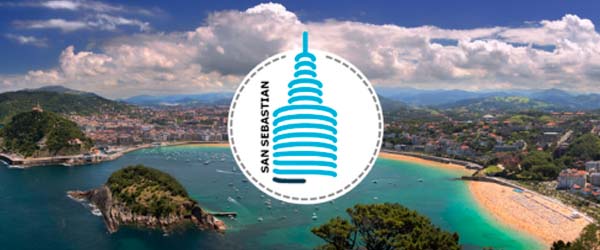It was set up with the aim of developing and validating a sustainable city model and promoting the transition to a Smart city in energy efficiency, sustainable mobility and information and communication technologies applied to infrastructures.
- MAIN ACTIONS
The Project has been launched to boost sustainability:
- Economic: Reducing the cost and amount of energy consumed in order to minimise energy poverty, and making greater use of renewable energies.
- Social. The project has favoured social cohesion, avoiding exclusion, improving health and welfare and enabling better access to training and employment.
- Environmental: Energy efficiency and sustainable mobility have been worked on and infrastructures have been improved to boost efficient solutions and management in the city.
Scientific and technological aims:
- To save up to 56 % in relation to the current situation in building retrofitting and up to 35 % in urban heating.
- To replace conventional fuel vehicles by totally electric vehicles, increasing the fleet of electric vehicles by more than 200 units.
- To improve charging infrastructure, and provide 228 charging points.
- To reduce the impact of the mobility of people and goods, in terms of energy consumption and CO2 emissions, and to reduce the average delay per trip and door-to-door travel time
- Developing innovative solutions for remote control, equipment control, advanced automation and efficiency in energy demand.
- To launch new sustainable services for citizens and public authorities. These services provide integrated infrastructures that improve efficiency in the use of resources and public services in the fields of urban mobility, energy, transport, ICTs and data management through:
- A new ICT model for smart cities.
- A new smart lighting system based on LED technology.
- High-speed Wifi mobile networks based on post-WIMAX technology.
- WHO FUNDS THIS?
The Replicate project has received funds from the Horizon 2020 EU Research and innovation programme within the framework of contract n.º 691735.
- GET TO KNOW THE PROJECT PARTNERS
Three cities (‘lighthouse’ cities) San Sebastián, Florence in Italy and Bristol in the UK have implemented pilot programmes in the 3 aforementioned areas and 3 follower cities have organized interventions to be replicated in their cities: Essen (Germany), Nilüfer (Turkey) and Lausanne (Switzerland). The consortium has been made up of 36 partners, 7 public organisations, 24 companies from different sectors and 5 universities.


